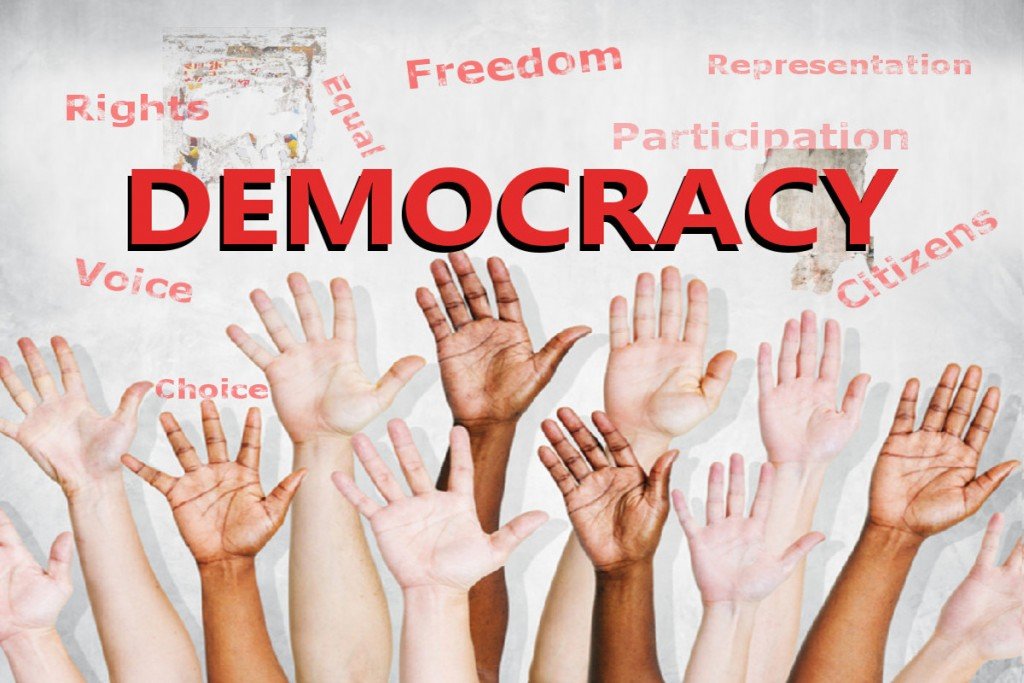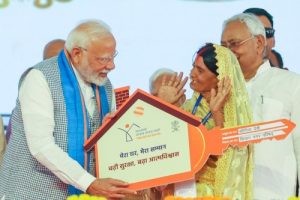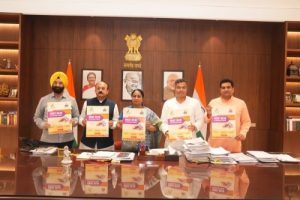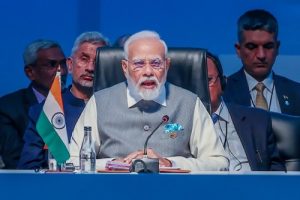Describing democracy as a part of India”s culture and heritage, Prime Minister Narendra Modi on Sunday said people felt something was taken away from them when the Emergency was imposed this month in 1975.
Resuming his ”Mann ki Baat” radio programme after being elected for a second term, Modi also urged people to make water conservation a mass movement like the Swachh Bharat mission to overcome water shortages.
Talking about the country”s democratic spirit, Modi said the Emergency — clamped by then Prime Minister Indira Gandhi — was not only opposed by political parties but also by the common man.
“India can say proudly that apart from rules and law, democracy is our heritage and culture.”
He said people have grown up nurturing on the fruits of this heritage. “That is why the lack of it was felt deeply by our countrymen during Emergency.
“When Emergency was imposed, resistance against it was not limited to the political arena or politicians. There was outrage in the conscience of one and all.
“The collective torment on the loss of democracy was evident… In day to day life, it is difficult to savour the joy of democratic rights unless they are snatched away.”
The Prime Minster said the country was blessed with democracy, “yet we take it for granted”.
During the 1975-77 Emergency, hundreds of opposition party activists and leaders were jailed and fundamental rights were suspended.
Calling the 2019 Lok Sabha elections — which brought him back to power with a thumping majority — the “largest democratic election ever held in the world”, he said its sheer scale made every Indian proud.
“In the Lok Sabha election, India saw over 61 crore voters exercising their franchise… If you exclude China, the number of people who voted in India exceeds the population of any other country in the world.”
Modi paid tributes to teachers, officials and security forces for making the election a success.
The Prime Minister also stressed on the need to save water — and also read books.
“There is no one way to conserve water. In different parts, different methods are adopted but the aim is to conserve every drop.”
He sought ideas about water conservation.
“Share knowledge of traditional methods of water conservation. Use #JanShakti4JalShakti to upload your content relating to water conservation.”
“If you know about individuals or NGOs working on water, do share details about them.”
Speaking on the steps taken to save water, he said drainage lines were being fixed in Punjab, the construction of a water tank in Telangana”s Thimmaipalli had changed the lives of people of the village and small ponds had helped develop fields at Kabirdham in Rajasthan.
He said he read about the collective efforts in Vellore in Tamil Nadu where 20,000 women came together to revive the Nag river.
“I believe that many such attempts are being made and we can turn the impossible to possible when we are together and strive with collective resolve. When people will join hands, water will be conserved.”
Modi also appealed to people to make book reading a habit and reiterated that bouquets should be replaced by books as gifts.
He spoke glowingly about ”Mann ki Baat”.
“The programme conveys that there is no dearth of inner fortitude, strength and talent within our countrymen. The need of the hour is to synergize those strengths and talents, to provide opportunities, to implement them.”
He said that in the last five years he received a lot of letters and phone calls in ”Mann Ki Baat”. But “I have not come across a single instance where somebody asked for something for personal gain.”
























